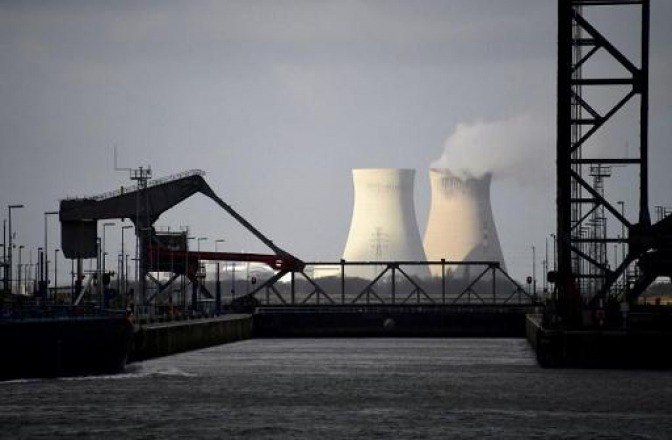Flanders has increased its greenhouse gas emissions by 4% compared to 2020, leaving the Flemish-speaking region on course to miss the European Commission's target of reducing emissions by 55% by 2030 compared to 1990.
According to recently released government data, the region's emissions rose to 72 megatonnes last year, compared to 69 megatonnes the year before.
This comes after Flanders had recorded a 9% reduction in emissions from 2018 to 2019 — a decrease due in large part to the global economic slowdown precipitated by the Covid-19 pandemic.
In response to the latest figures, Flemish Environment Minister Zuhal called for renewed government efforts to combat climate change. "There has been too much focus in the past on raising targets and not enough on taking concrete measures," she said.
Part of a broader trend
Flanders' latest figures are depressingly consistent with broader trends across the rest of Belgium, the EU, and indeed the wider world.
According to data recently published by Statista, Belgium has reduced carbon dioxide emissions by a mere 9.3% compared to 1990-levels. Meanwhile, although the EU as a whole has done slightly better – the latest figures indicate that it has reduced its emissions by 34% compared to 1990 – the bloc is still way off hitting its 55% emissions reduction target by 2030, as set out in its 2030 Climate Target Plan.
Moreover, environmental groups have criticised the EU's plan for not being ambitious enough. Greenpeace, for instance, have labelled it "hollow" and "[not] much better than business as usual", while Friends of the Earth have gone further still: not only is its emissions reduction target "totally inadequate", the group claims, but the plan crucially fails to "set binding targets for increasing renewable energies or for reducing energy use".
Related News
- Belgian climate activist joins UNICEF mission to highlight unequal effects of climate change
- The EU's dirty secret: Coal consumption grows while rest of world cuts back
Similar sentiments have been echoed by some Flemish politicians, including, most notably, the left-wing Member of Parliament Jos D'Haese.
"Emissions have remained at almost the same level since 2014 and have increased again by 6 per cent in 2021," he said. "At this rate, Flanders will not meet its targets. Today, in the midst of the energy crisis, there is more need than ever for public investment in renewable energy, sustainable public transport and insulation of homes so that we can reduce gas and oil consumption."
Meanwhile, according to the latest figures from the International Energy Agency, over the last 20 years global CO2 emissions have increased from 20.5 gigatonnes to 31.5 gigatonnes — an almost 50% increase.

